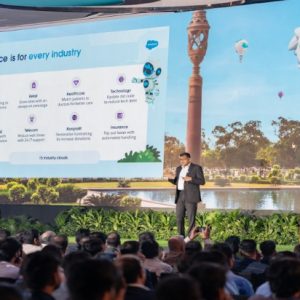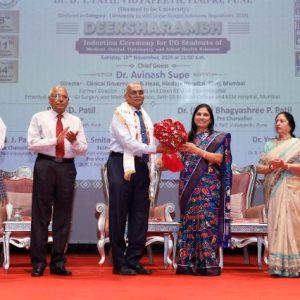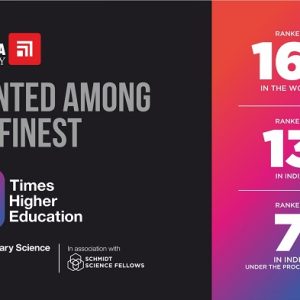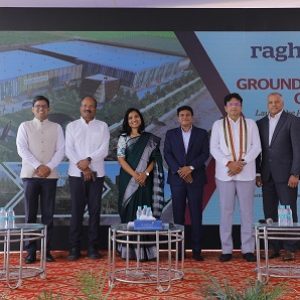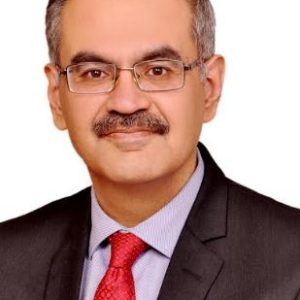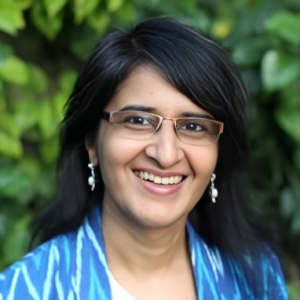On Wednesday, the Supreme Court continued to consider a number of petitions asking for the recognition of same-sex unions under law. The court heard arguments on the second day of the hearing regarding the development of the right to select one’s spouse and the shifting legal landscape around LGBTQ rights. Here are a few of the significant cases that show how the law has changed throughout time.
Union of India v. NALSA
A second Supreme Court bench ruled in favour of transgender people’s constitutional rights under Articles 14, 15, and 21 of the Constitution in April 2014, several months after a two-judge Supreme Court panel in the case Suresh Koushal v. Union of India upheld the constitutional validity of Section 377 of the Indian Penal Code.
The Court essentially accepted the identical arguments in “NALSA” that it had previously rejected in Suresh Koushal. The court recognised a transgender person’s right to choose their gender and ordered the federal and state governments to recognise a trans person’s gender identification, whether it be male, female, or a third gender.
Union of India v. KS Puttaswamy
The right to privacy was unanimously declared as a fundamental constitutional right by a nine-judge Supreme Court bench in 2017. In doing so, the decision invalidated the 2013 “Suresh Koushal” decision, which was a “discordant note which directly bears upon the evolution of the constitutional jurisprudence on the right to privacy.”
The claim made in Koushal that the High Court improperly relied on international precedents “in its anxiety to protect the so-called rights of LGBT persons” is unsupportable in our opinion, according to the statement below. The phrase “so-called” seems to imply the use of a liberty while disguising it as an illusory freedom. This is an improper interpretation of the LGBT community’s privacy-based claims. Their rights are real rights based on strong constitutional theory, not “so-called” rights. The right to life belongs to them. They live in peace and respect. They are the very foundation of liberty and freedom. Identity must include one’s sexual orientation. In a concurring opinion, Justice DY Chandrachud stated that “equal protection requires the protection of each individual’s identity without discrimination.”
Shafin Jahan vs. the Indian Union
In March 2018, the SC overturned a Kerala High Court decision that had declared unconstitutional the marriage of a 24-year-old woman who had converted to Islam and wed the guy of her choice. The decision recognised the fundamental right to liberty and dignity, which includes the freedom to select one’s spouse.
“…Each person is solely responsible for making their own relationship decisions, whether they take place within or outside of marriage. Marriage intimacy exists within a core, inviolable zone of isolation. Questions of faith have absolutely no bearing on a person’s inalienable right to select their life mate.The court had ruled that social recognition of private, intimate decisions was not required.
Union of India v. Shakti Vahini
In March 2018, a three-judge SC bench issued orders to stop honour killings at the behest of khap panchayats and to protect people who are married without their consent. The Court acknowledged the freedom to select a life partner as a basic right in its decision.
“…When two adults mutually decide to become partners in life, this is a manifestation of their will that is protected by Articles 19 and 21 of the Constitution. Such a right is supported by constitutional law, and once that is acknowledged, the right must be maintained. It cannot be subject to ideas of class honour or group thinking, which are based on ideas that are utterly without foundation, the court had ruled.
Navtej Johar v Union of India
The SC heard a corrective petition challenging the “Koushal” decision in August 2018. IPC Section 377 was overturned by a five-judge Constitution Bench to the extent that it criminalised homosexuality. In essence, the ‘Navtej’ judgement declared that members of the LGBTQ community are entitled to the same rights as other citizens and emphasised that sexual orientation and gender are not grounds for legal discrimination.
Central Administrative Tribunal v. Deepika Singh
The SC ruled in favour of a woman who had been refused maternity leave for her first biological child because she had already used the benefit for her two non-biological children in August of last year. The decision identified “atypical” households, such as gay marriages, which could not be restricted to the usual parental responsibilities.
“…Many families don’t already meet this requirement. Domestic partnerships, unmarried unions, and LGBTQ unions are all examples of familial connections. Any number of circumstances, such as the demise of a spouse, a separation, or a divorce, might result in a home having just one parent. Similar to this, remarriage, adoption, or foster care may result in a change in the guardians and carers of children (who traditionally play the roles of “mother” and “father”). These examples of family and love may not be the norm, but they are just as genuine as the ones that are. Such unusual family unit expressions are equally deserving of legal protection as well as the advantages provided by social welfare laws, according to Justice Chandrachud.



